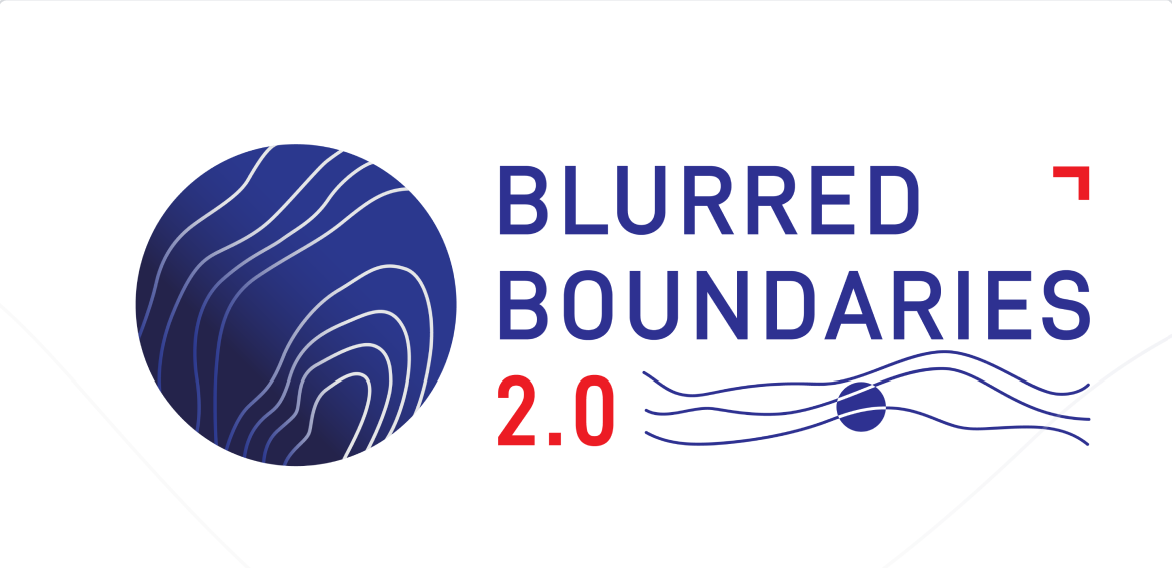A International conference on
Blurred Boundaries
Rethinking Cultural Dimensions in Architecture 7th, 8th, 9th February
2025.

As a succession to the first cycle of this conference addressing the dilution of cultural identities in times of globalization, the second cycle of the Blurred Boundaries conference intends to understand Cultures, which are seen as core values that ought to shape our role as designers of the built environment. It is to rethink, review, relook at the fundamental role of nature, culture and people and how appropriately we can intervene to address cultural dimensions of the environment and envision appropriate landscapes for human settlements. This is felt necessary in a contemporary globalized world facing numerous challenges of climate change, cultural disruptions, changing aspirations and drastic changes in technology.
Hence the conference attempts to address following broad concerns stated as follows:
What do we mean now by reading histories, traditions, influences, transformations, continuities in contemporary times? What are the challenges and strengths brought about by the ever changing nature of technology and how would that affect our ideas of nature, culture and architecture? How should one strive to effectively address concerns of global warming, resilience shown by local communities, vulnerability of settlements in sensitive areas, ideas of appropriate development, the global-local dichotomy, values in synthesizing design responses to universal concerns? What role can academic institutions and professional practice play in this effort to read cultural landscapes and design for creating an appropriate habitat?
The conference therefore seeks to probe the above concerns by inviting academicians and professionals from the field of anthropology, sociology, geography, architecture, landscape architecture, to name a few, and to give an interdisciplinary richness to the discourse related to the reading on culture and the role of architecture. Such an effort is hoped to assist in blurring the constructed (and at times in silos) knowledge of culture and architecture and sensitizing our approach to face challenging conditions for tomorrow on culture and architecture.
Contact for Details and Queries: conference@brick.edu.in
Call for papers
Building on the first conference ‘In search of an Identity’, the second Blurred Boundaries conference delves into how culture, nature, and human values influence architectural design. Amidst climate change, technological shifts, and cultural disruptions, this conference engages interdisciplinary experts to rethink and redefine architecture’s role in addressing cultural dimensions for a sustainable future.
All interested academicians, researchers, practitioners, and students are invited to submit papers in the following themes. The themes have been broadly grouped as follows.
Subthemes
The Place of “knowledge and perception”
This theme focuses on the creation of knowledge.
Wisdom of “being” in the world comes by the perception of knowledge. Over the years various terms from indigenous to modern have been referred to that offer a wisdom of looking at the phenomenal world and envisioning any action of creating a habitat. Do such value based actions convey reverence, continuation of acquired knowledge of existence and create a sacred, religious, cultural, symbolic experiences of landscapes? Does memory mean only of the individual or of family, community, seasons, geography and even those aspects that are intangible? Is sustainable development inherently integrated in this wisdom? Do we need to invent techniques of drawings, documentations to capture the subtle aspects of this wisdom and how should those be represented? How does local – global dichotomy feature in this? How can this acquired or collective wisdom of humanity be envisioned for addressing contemporary global challenges related to climate, culture and people.
Keywords:
- Indigenous knowledge; perception; values; traditions; continuities
- symbolism; memory;
- context; place; environment;
- collective experience; local histories; local – global relationship;
- interpreting sustainability;
- documenting and recording
The Place of appropriate “Intervention”
This theme focuses on the idea of ‘intervention’ done by a designer.
What is the role of policies, planning and designing for conceiving appropriate intervention on cultural landscapes? How would contemporary policies of planning and designing help to address current concerns of global climate crisis and related built environment issues, information explosion and rapid changes in technology? How should intervention be conceived and applied if a designer happens to be from another context in terms of sensibilities or values or skill sets? What should infrastructural development mean for places having rich traditions of culture, sacrednes, religion or such other intangible value? What sensitivities are demanded from a professional who is compelled to respond to diversity of cultures, geographies and histories? How would sustainable development goals be envisioned and applied to intervene appropriately in a cultural landscape? How can academic institutions and professional bodies collaborate to define an appropriate intervention strategy? This theme is intended to express the mentioned concerns.
Keywords:
- defining appropriate intervention strategy;
- intervention informed by designers;
- relationship of intervention strategy to place, community, technology;
- defining sustainable intervention approaches;
- handling diversity and inclusion;
- responding to global challenges, changing aspirations and technology
Eligibility
Academicians, Professionals and Students from backgrounds of Architecture, Urban design, sociology, geography, architecture, landscape architecture Planning, Conservation, Anthropology, etc.
Abstracts will be published in the Conference proceedings book, with an ISBN number.
The selected papers will be presented during the conference under the specified themes.
A few handpicked papers will be further published in highly indexed journals (Scopus, Web of Science, UGC CARE).
E-certificates will be awarded to all authors and delegates.
